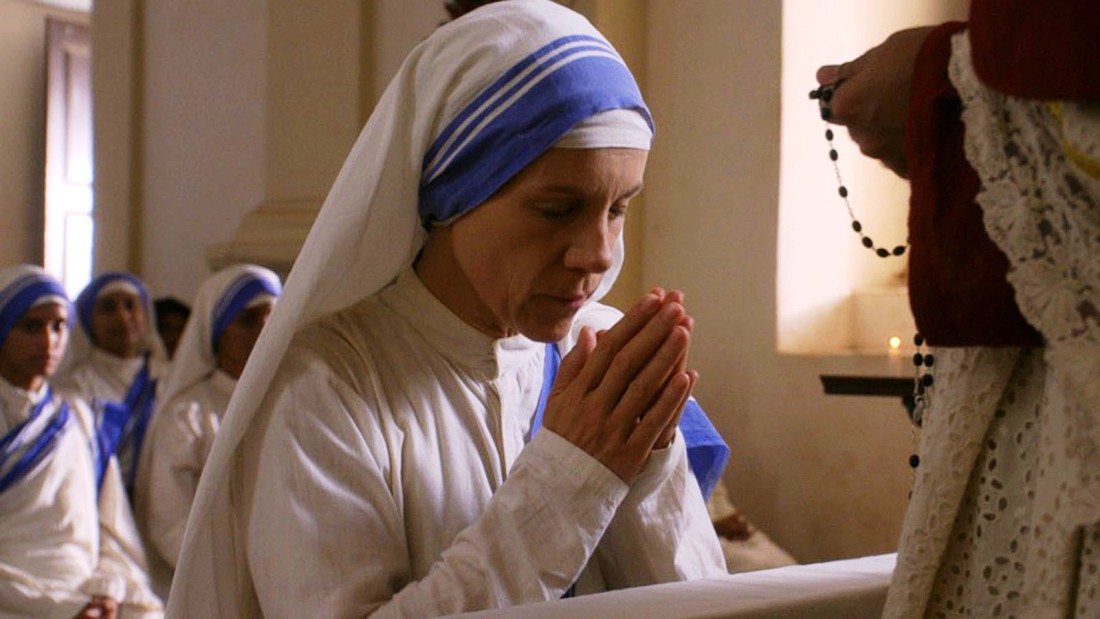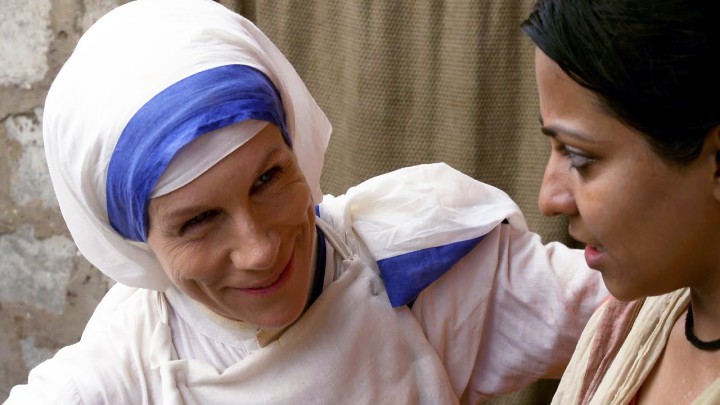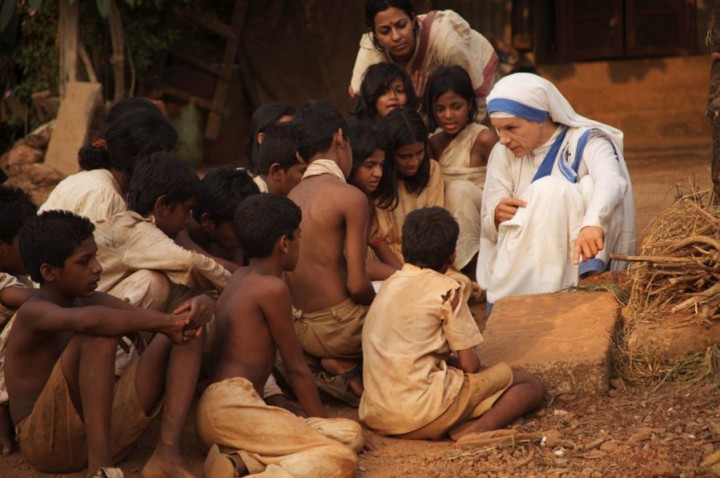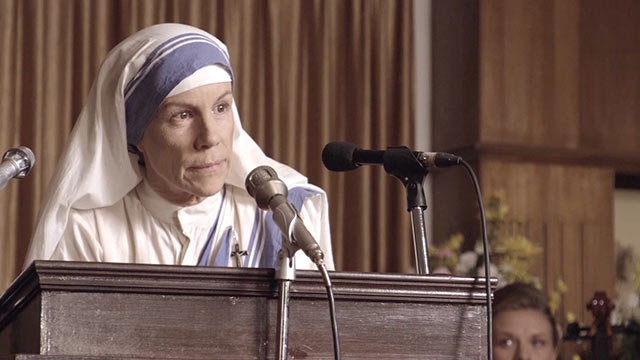Despite end of the year being known for its influx of prestige pictures and, generally, the highest quality films of the year, studios manage to squeeze some junk into theaters when they can. There seems to be an infinite amount of bad movies out there and only a finite number of weeks in a year, so — as one can see — these movies have to end up somewhere. William Riead’s The Letters just happens to be one of these and yet another case of a film getting a wide release for some reason that’s beyond anything I can comprehend.
It’s been distributed by Freestyle Releasing, who has a curious business model of exhibiting movies no one wants to see. It’s directed by Riead, a man who has a slew of ‘70s and ‘80s TV docs with names like The Making of “First Blood” and it shows. The Letters certainly looks and feels like a Movie of the Week, and really the only thing keeping it from there is the inclusion of a slumming Rutger Hauer and Max von Sydow, both of whom get roles where they get to sit in a chair for most of the movie.
I suppose the content — the life story of Mother Teresa (a cow-eyed Juliet Stevenson with a bad accent) — is theoretically enough to warrant The Letters’ theatrical run, but the way it’s all cobbled together certainly doesn’t back this idea up. The film tells the story of Mother Teresa’s decades of charitable work, but falls into the traps of every bad biopic. It’s far too reverent and has nary a moment of levity. Everyone walks around with furrowed brows and an overwhelming sense of how important this topic is. And then, at the same time, you get such moments as the movie’s overpowering score swelling up as Mother Teresa teaches some kids the alphabet. The Letters itself plays more like a melodrama, but without, you know, the melodramatic parts. The best we get is a handful of poor locals in the slums of Calcutta all seething and gnashing their teeth at the idea of Mother Teresa helping their children till they’re finally won over.
There’s seemingly not much in the life of Mother Teresa to warrant telling the tale. Or, at the very least, there’s not much in the way Riead chooses to tell her story. The Letters scales the heights of tedium, standing as a movie with little to say, and an incredibly drab, flat way of proclaiming the things it has on its mind. Rated PG for thematic material including some images of human suffering.








There’s seemingly not much in the life of Mother Teresa to warrant telling the tale. Or, at the very least, there’s not much in the way Riead chooses to tell her story.
Arguably the most interesting parts of her story are her fetishisation of suffering and poverty, the substandard medical care at her clinics, her doubts about her faith later in life and cozying up to questionable public figures to try and get support for her cause.
It doesn’t sound like this film particularly addresses any of those issues.
From what I can gather, this is less a movie in any normal sense than an attempt to prod the Vatican into action on her stalled case for sainthood.
The squalid truth behind the legacy of Mother Teresa
http://www.newstatesman.com/politics/human-rights/2014/04/squalid-truth-behind-legacy-mother-teresa
Cannot wait until this woman is recognized for the harm she did worldwide.